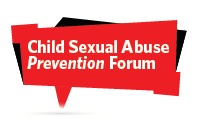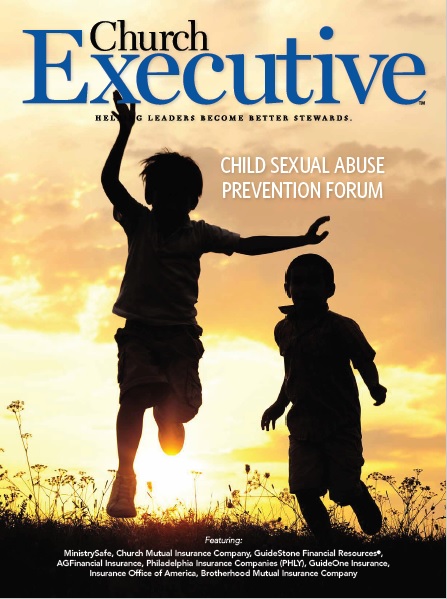
 Sexual misconduct can have psychological, emotional and physical effects on victims and their families. However, the damage doesn’t stop there.
Sexual misconduct can have psychological, emotional and physical effects on victims and their families. However, the damage doesn’t stop there.
Just one incident of sexual misconduct can destroy the trust, credibility and reputation of an organization and the organization’s leaders for years.
Adding further pain to an incident of sexual misconduct are the legal costs of a lawsuit, which can ruin both individuals and organizations financially.

Senior Risk Manager
GuideOne Insurance
To help you create a safe environment, our risk management team has compiled information using nearly 50 years of safety inspections and claims service from thousands of organizations across the country. We have distilled this experience on our Sexual Misconduct and Abuse Prevention resource page at www.GuideOne.com/SexualMisconduct. Here you’ll find helpful articles, checklists and sample policy information.
One key way to prevent sexual misconduct is by thoroughly screening the backgrounds of potential employees and volunteers. Screening helps you determine whether the employee or volunteer has the ability to perform the essential requirements of the job tasks. Screening might also help determine the intentions of the volunteer or employee. Experience demonstrates that legitimate workers will not be offended, and the process often scares off those individuals who intend to do harm.
As part of a comprehensive program to prevent abuse and molestation, organizations should require the following:
Written application — All persons seeking to work with children should complete and sign a written application. The application should request basic information from the applicant and inquire into previous experience with children, previous affiliation with organizations, reference and employment information, and disclosure of any previous criminal convictions. Part of the goal of these questions is to elicit a response that makes it clear to applicants that your organization is serious about protecting the welfare of children and vulnerable individuals. The application form should be kept confidential and on file indefinitely.

Personal interview — Upon completion of the application, you should schedule a face-to-face interview with the applicant to discuss his or her suitability for the position. The interview’s goal is to discern the applicant’s interest in working with children and to find out about the applicant’s previous experience serving children.
Reference checks — Before an applicant is permitted to work with children or vulnerable individuals, at least two of the applicant’s references should be checked and verified. While personal references can be helpful, references from organizations where the applicant has worked with children or vulnerable individuals in the past are particularly important. If possible, ask the references about any previous experience working with vulnerable populations. Remember that you’re not only looking for whether or not this individual can do the essential job functions; you are also determining if this applicant is suited to work with the people you serve. Even if you don’t receive information other than the dates of employment, document your contact with each reference.
Criminal background check — After securing the proper permissions, check the National Sex Offender Registry and criminal history for any county in which an applicant has lived for the previous seven years, regardless of position, and for multiple categories of volunteers, including:
• Those who will be involved in a school / preschool / daycare center
• Those who will be in involved in activities with children or vulnerable individuals
• Those counseling children or vulnerable individuals
• Those involved in one-on-one mentoring of children or vulnerable individuals
• Any individual who will have one-on-one contact with children including drivers and coaches
Individuals with a history that includes any victimization crime should be excluded from contact with minors and vulnerable adults. Each state has a list of offenses which disqualify an individual from working with minors. This is a minimum standard to use when reviewing applicants. Be especially aware of crimes where an individual may plead down. For example, sexual assault of a minor can be reduced to misdemeanor assault as part of a plea bargain. In cases like this, get a copy of the arrest report which documents exactly what evidence was used that caused them to charge the individual. As plausible as it might seem, do not accept the applicant’s word or explanation for what might have happened.
GuideOne Insurance’s policyholders have access to discounted background checks through our program partners.
Visit www.GuideOne.com/HRServices for details.
While sexual misconduct issues are continuing to make headlines, we at GuideOne believe that you can make a difference at your organization by skillfully screening potential employees and volunteers.


